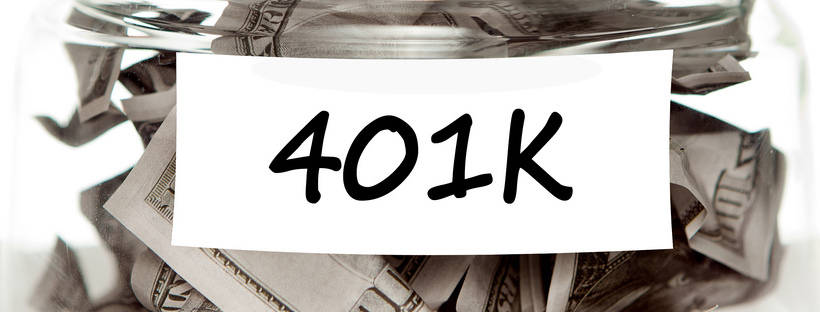What happens to my 401(k) if I leave my job?

A 401(k) is an employer sponsored, tax advantaged account for saving and investing for retirement. You contribute pre-tax dollars to it, invest that money, and then withdraw the money in retirement. A 401(k) is a more tax efficient way to invest for retirement than a traditional brokerage account. In other words, if made the same investment in both a standard brokerage account and a 401(k) you’d have more money in the 401(k) at retirement than you would in the standard brokerage account. It’s a great benefit, but there’s one question that can hold people back from taking advantage of it.
If I leave my job, what happens to my 401(k)?
The short answer is that it’s still yours and you take it with you. Your 401(k) belongs to you and that doesn’t change if you leave your job (whether you quit or are terminated, the answer is the same). It’s a reasonable thing to wonder, since some benefits don’t work this way. FSA’s for example are often a “use it or lose it” benefit that doesn’t carry over year to year.
The long answer is a little more complicated. Money you contribute, and the growth on that money belongs to you immediately.
However, if your company offers a 401(k) match, their matching contributions may have to vest before they are fully yours.
A “vesting schedule” will outline what percentage of the contributions are completely yours over time. There are many variations, but a simple example would be 25% after 1 year, 50% after 2 years, 75% after 3 years, and 100% after 4 years. If you leave before you are fully vested, you would only take the vested portion of the matching contributions with you.
The bottom line to remember is that any money you contribute to a 401(k), and any investment gains on that money, remains yours no matter what. The bonus contributions from an employer match may vest over time, but what you put in belongs to you whether you’re employed there or not.